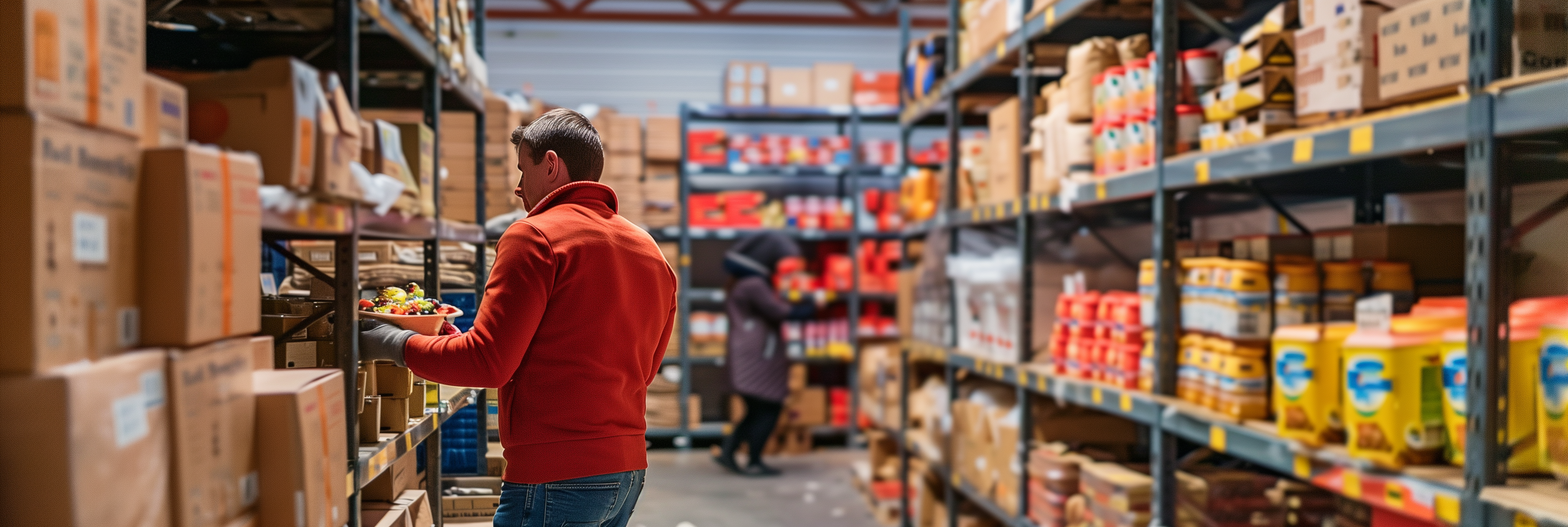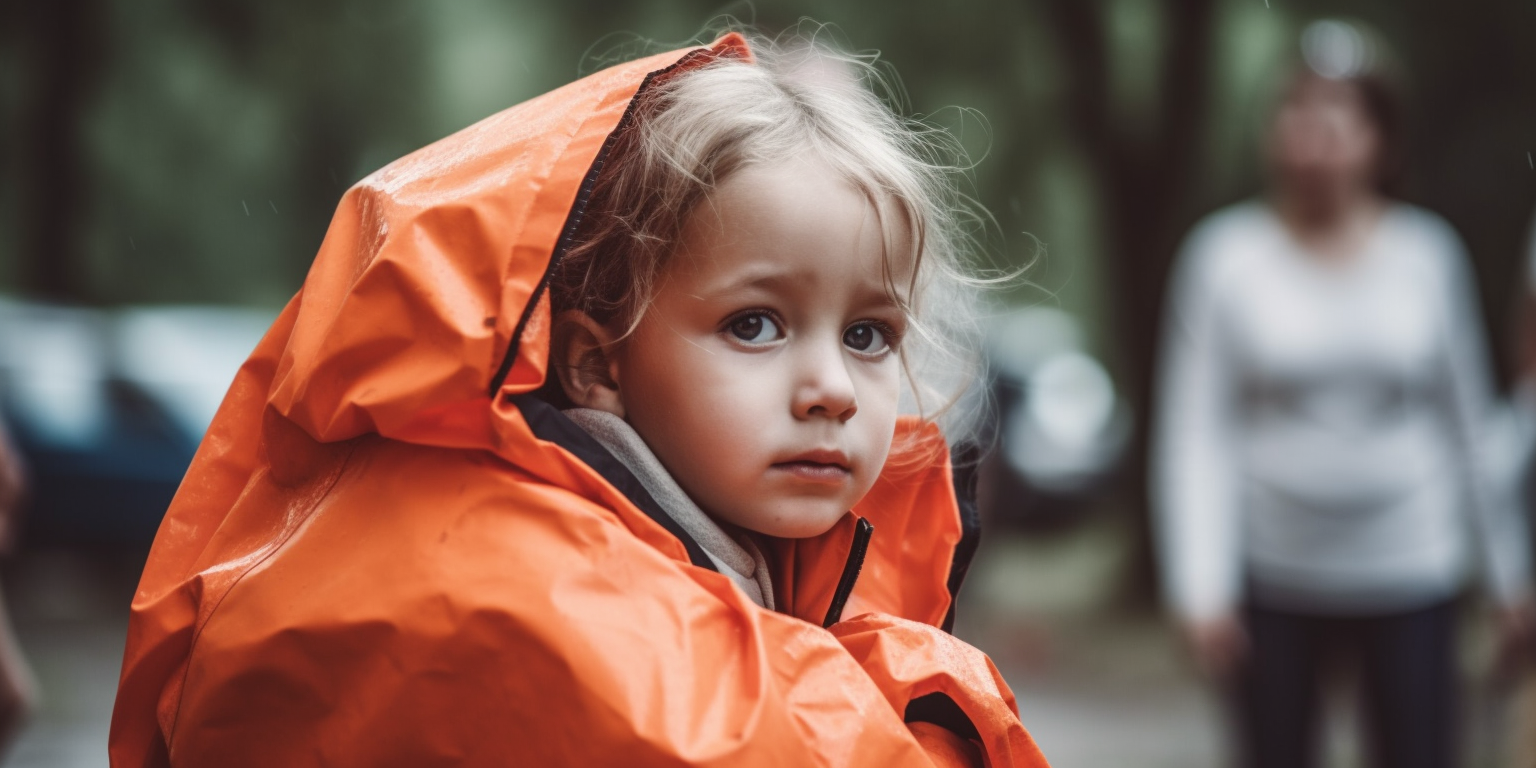
Prepping for Rural Emergencies: Addressing Unique Challenges and Considerations
Prepping for Rural Emergencies: Addressing Unique Challenges and Considerations
Living in a rural area can offer tranquillity and closeness to nature, but it also presents unique challenges when it comes to emergency preparedness. Rural residents face distinctive risks including isolation, limited access to services, and increased vulnerability to natural disasters. Prepping for emergencies in these settings requires careful planning and understanding of the specific challenges involved.
- Understanding the Rural Context
Rural areas are characterized by their sparse populations, geographical isolation, and often, more self-reliance among residents. According to the United Nations, rural populations account for nearly 45% of the world's total population, with a significant number living in areas vulnerable to natural disasters.
One of the distinct downsides of living in the countryside is that, in the event of an emergency or local disaster, limited infrastructure can hamper emergency services and access to critical support.
- Unique Challenges in Rural Emergency Preparedness
a. Geographical Isolation: One of the primary challenges in rural areas is the distance from emergency services and medical facilities. This isolation can lead to delayed response times in crises.
b. Limited Communication: Rural areas often suffer from poor communication infrastructure. In emergencies, the lack of reliable communication can impede timely warnings and updates.
c. Infrastructure Vulnerabilities: Rural infrastructure, including roads and bridges, may be more susceptible to damage from natural disasters, further isolating communities.
- Key Considerations for Rural Prepping
a. Water and Food Security: Ensuring an adequate supply of water and food is crucial. Rural residents often benefit from natural water sources and the ability to grow food, but having a emergency food stockpile and water purification methods is essential.
b. Energy Independence: Power outages can be more common and prolonged in rural areas. Solutions such as solar panels, generators, and wood stoves can provide alternative energy sources.
c. Medical Preparedness: With medical facilities potentially far away, having a comprehensive first aid kit and basic medical training can be lifesaving.
d. Transportation and Evacuation Plans: Having a reliable means of transportation and a clear evacuation plan is critical, especially if roads are prone to closures.
- Building a Strong Community Network
The strength of rural communities lies in their tight-knit nature. Establishing a community network for emergency preparedness can enhance resilience, allowing for shared resources, skills, and support.
- Community Strategy: Initiatives like community emergency response teams (CERT) can empower rural residents through training in basic disaster response skills.
- Leveraging Technology for Rural Preparedness
Technology can play a significant role in overcoming the isolation of rural areas. Weather apps, satellite phones, and emergency notification systems can provide crucial information and maintain communication during disasters.
- Training and Education
Knowledge is a powerful tool in emergency preparedness. Rural residents can benefit from training in survival skills, first aid, and disaster response techniques. Many governments and NGOs offer free or low-cost emergency preparedness workshops and online courses tailored to rural communities.
Final Thoughts:
Prepping for emergencies in rural areas requires a multifaceted approach that addresses the unique challenges and vulnerabilities of living away from urban centres. By understanding the specific risks, leveraging community strengths, and utilising technology, rural residents can significantly enhance their preparedness and resilience. Moreover, the importance of self-reliance, combined with external support from governments and NGOs, forms the backbone of effective emergency planning in rural settings. Ultimately, preparedness is not just about surviving an emergency but also about preserving the way of life that draws people to the countryside in the first place.
Suggested Articles
Emergency Food for Low-Income Individuals: Access and Affordability in Times of Crisis
During times of crisis, securing basic necessities becomes a challenge, with food security becoming an urgent concern...
How might Climate Change harm our our society?
The potential impact of climate change is one that has gained increasing attention and urgency in recent years - in f...
Prepping for Emergencies with Children: A Comprehensive Guide for UK Families
How to Keep Your Family Safe, Informed, and Ready for Any Emergency Introduction Emergencies can happen at any time, ...




